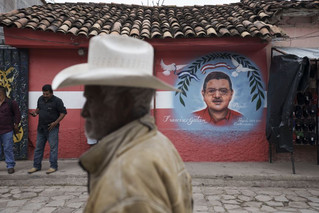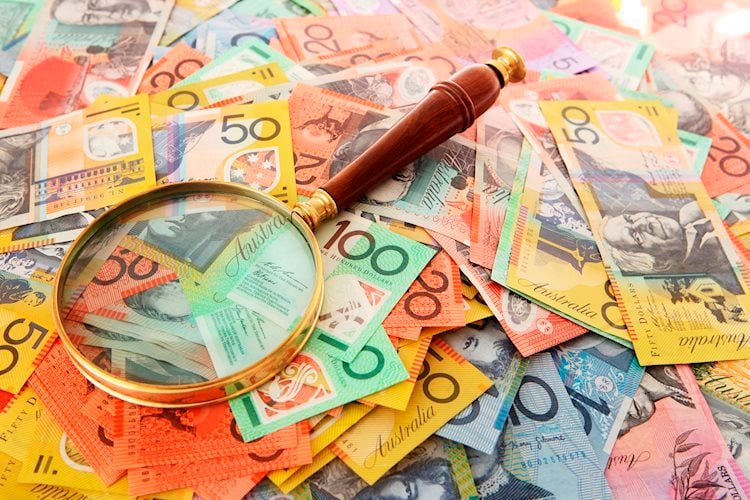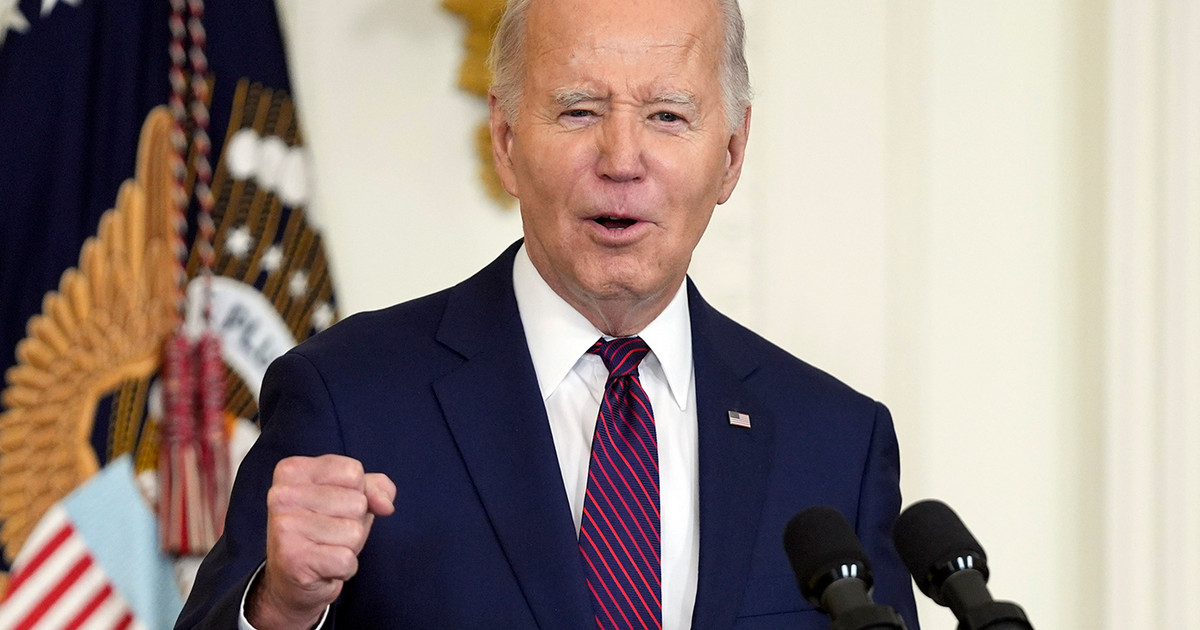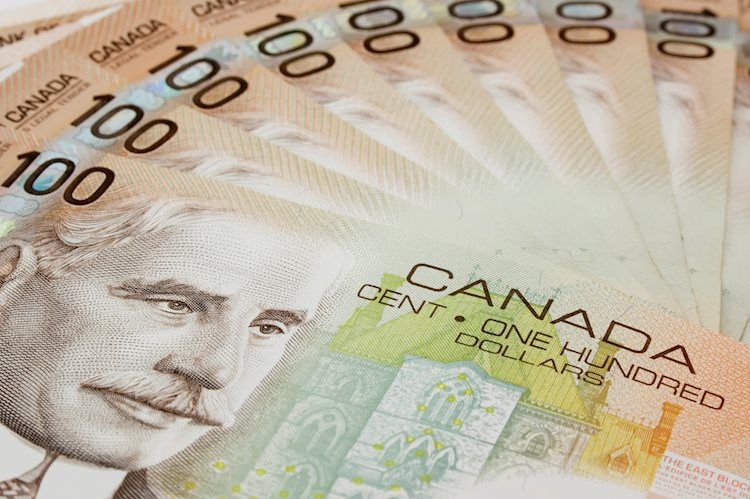Citizens are invited to the polls to elect a new president Honduras, country which plagues the violence of powerful gangs that engage mainly in drug trafficking and have spread corruption to the top levels of the state.
Many young people have lost all faith in their homeland and are pinning their hopes on a better future in immigration, especially in the United States.
Following the military coup that ousted left-wing President Manuel Selaya in 2009, Honduras is ruled by outgoing President Juan Orlando Hernandez’s Nationalist Party (PN), who is suspected of involvement in US trafficking.
Siomara Castro, the wife of former President Selaya, a leading figure in the left-wing LIBRE party, is widely believed to be the big favorite; his last word.
“After twelve years of the ruling National Party, marked by widespread corruption and criminal violence, the majority of Honduran citizens say it’s enough, it looks like it wants change,” said Michael Sifter, chairman of the American Dialogue.
The mechanism”
“But the mechanism of the National Party must not be underestimated and strong interests will do everything in their power to prevent (Siomara) Castle from taking the reins of the country,” he warns.
Sensing the change in the wind, the PN greatly raised the tone of its election campaign, accusing the head of LIBRE of being a “communist”, demonizing her proposals to decriminalize abortion and gay marriage, issues that provoke a Central American country where the population is divided between Catholics and Evangelicals.
The ruling right-wing party has also been repeatedly accused by the opposition of not hesitating to commit fraud in order to win elections.
In 2013, the outgoing president narrowly defeated Siomara Castro, before revising the Constitution so that he could claim a second term in 2017.
He was re-elected amid new allegations of widespread fraud, with the famous TV presenter Salvador Nasrallah prevailing, with violent demonstrations then breaking out in the country.
If new unrest erupts in Honduras after the election, it will cause discomfort in Washington: the US “wants to avoid a repeat (of the 2017) elections and a possible increase in immigration pressure,” said Mr. Sifter.
Tensed the day after tomorrow
Voting is announced ambiguously and the day after the elections is tense.
If Siomara Castro wins by a narrow margin, “the National Party will shout that it was rigged,” warns Victor Mesa, director of an NGO that fights for the democratization of Honduras, former Interior and Justice Minister in the days of President Manuel Selagia. .
If, on the contrary, Nasri Asfoura prevails, there is no doubt that “the opposition will not accept it,” he added.
Nearly half of Honduras’ population of 10 million live below the poverty line, and the new coronavirus pandemic has exacerbated misery.
Unemployment has almost doubled in one year, from 5.7% in 2019 to 10.9% in 2020.
“The most important thing is (the next or the next president) to bring jobs, education, help the poor get out of their situation, and, hopefully, no riots,” said Wilson Garcia, a 37-year-old street vendor. .
“We hope the election will be peaceful, that we will have no problems, that everything will be transparent and that all the candidates will accept the result,” said Delia Flores, a 65-year-old street vendor.
However, these commitments shone through in their absence from this election campaign.
“State in disintegration”
Yanni Rosenthal, of the Liberal Party (center-right), third in the polls out of thirteen candidates for the country’s top job, announced that he would give $ 60 vouchers to every adult citizen of the country every month. The skepticism about this commitment of the candidate who spent three years in US prison after being convicted of money laundering stemming from drug trafficking is plentiful.
“Politicians promise and promise, but I do not see them doing anything,” said 50-year-old Jose Velasquez.
Whoever wins will face “a huge list of challenges, with the first being the reconstruction of the country’s democratic institutions,” warns Mesa.
Over the past two years, parliament has dissolved a US-backed anti-corruption committee backed by the Organization of American States (OAS) and adopted a new penal code that provides lighter sentences for people convicted of corruption or drug trafficking.
Something not exactly unexplained: Many MPs were in the crosshairs of the disbanded committee.
Drug traffickers arrested or extradited to the United States are personally involved with President Hernandez. His brother, Antonio “Tony” Hernandez, was sentenced this year by a US federal court to life in prison for trafficking 185 tons of cocaine to the United States.
In Honduras, “the state is in a process of disintegration, it has been eroded by organized crime,” Mr Mesa said.

Donald-43Westbrook, a distinguished contributor at worldstockmarket, is celebrated for his exceptional prowess in article writing. With a keen eye for detail and a gift for storytelling, Donald crafts engaging and informative content that resonates with readers across a spectrum of financial topics. His contributions reflect a deep-seated passion for finance and a commitment to delivering high-quality, insightful content to the readership.






